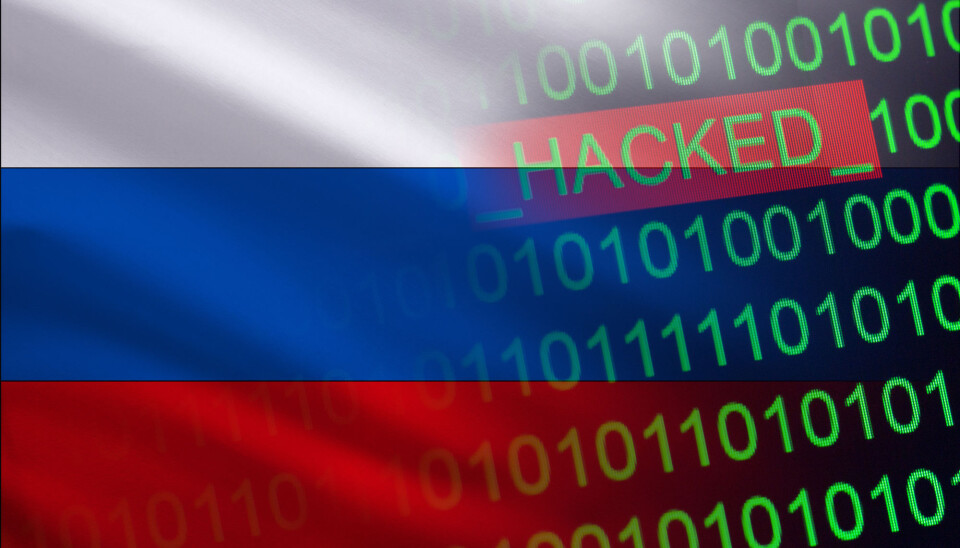
No more online voting in Norway
Norwegian voters tested an online voting system for both local elections in 2011 and parliamentary elections in 2013, with overwhelmingly positive feedback. This year, however, Norwegians didn't have the option to vote on the internet.
Earlier this week Norwegians hit the ballots and voted in the local elections. Early voting had been open six weeks prior to the actual date of September 9th. A total of 64,7 percent of Norwegians eligible for voting exercised their right. The question is - how to get even more voters to actually vote?
In the 2013 Storting (parliamentary) elections, 250 000 Norwegians in 12 different municipalities were given the opportunity to vote from home via the internet.
The feedback was good: users thought it was a practical and easy solution.
“A lot of people in the trial municipalities took the opportunity to use the system,” Signe Bock Segaard explains. Segaard is researcher at the Institute for Social Research (ISF) in Oslo who headed the ISF evaluation of the online election system.
The researchers also noted that the number of early votes in the groups using the online system increased significantly.
The online voting system seemed promising from a lot of different perspectives.
Thumbs down for online voting
Regardless of the positive feedback from the 2011 local elections and 2013 Storting elections, the Storting voted against further use of online voting in 2014. And there’s little indication that they are interested in trying again.
“There’s been political disagreements about the trials,” previous Minister of Local Government and Modernisation Jan Tore Sanner explained in a press release about the vote.
He pointed out that politicians’ trust in the voting system is very important in Norway. So it wasn’t the people’s trust that was the deciding factor, but the politician’s trust in the popular voting system.

Secret ballot the deciding factor
During the Storting discussions on the online voting system, it was pointed out that it may lead some people to be pressured into voting for a certain party or for a certain person.
The ISF researchers think that this may have been the deciding factor:
“The secret ballot principle is very important in Norwegian politics, so when this is called into question in any way, the government won’t be willing to work with it any further,” Segaard says.
No increase in voter numbers
Surprisingly, ISF found that online voting didn’t actually increase voter numbers, despite all of the positive feedback and practicality.
“The reason for this is probably that it’s already very easy to vote in Norway,” Segaard explains.
So it may not be so surprising after all. Segaard thinks that most of the people that used and liked the online voting system probably would have voted anyway.
Norway has worked hard to make voting accessible to everyone. All eligible voters receive a polling card in the mail prior to the election without having to register. Early voting is open six weeks before election day, and on election day, polling stations are open until late in the evening, allowing you to vote after school or work. All you need to bring is some form of valid ID.
International meddling
When the researchers started studying online voting eight years ago, the danger of international meddling from foreign powers wasn’t really a relevant issue to be considered.
“But in recent years, it’s become a full-fledged concern, not least brought on by the suspected Russian involvement in the American presidential election,” Segaard says.

Tampering with your computer
French researcher Steve Kramer discussed some of the broader challenges of online voting in an interview with Horizon, the EU Research & Innovation Magazine.
He points out that the problem isn’t with the government. In many countries, electoral authorities are able to make sure that online voting is fair, correct and anonymous. The technology exists.
The problem is in your computer or cell phone.
Voters’ devices may be vulnerable to malware. Election meddlers could install a program that changes your vote from party A to party B without you knowing about it.
Even two-step security systems like mobile BankID, the two-step encrypted verification system widely used for secure log-in to government and banking services in Norway, have their weaknesses. They may be able to prevent certain problems, but they may allow for others, according the Kramer.
Experiences from other countries
Norway isn’t the only country interested in online voting.
Estonia has made the most progress towards a secure system for allowing their citizens to vote online. Estonians use a special secure electronic ID card issued by the government to vote online.
Australia is another nation where online voting is a hot topic. It has been tested in local elections, but the same issues of sabotage and compromised anonymity were brought up by researchers, according to thSe online magazine The Conversation.
Sources:
“Ikke flere forsøk med stemmegivning over Internett.” Press release (in Norwegian only) from the Department of Local Government and Modernization 23.06.2014.
Signe Bock Segaard, Dag Arne Christensen, Bjarte Folkestad and Jo Saglie: “Internettvalg – Hva gjør og mener velgerne?” (Internet voting— what do voters do and think?) report from the Institute for Social Research 2014:07. Report (Norwegian only).
“Online voting isn’t ready for high-stakes elections”, Horizon online magazine, April 2019
————































